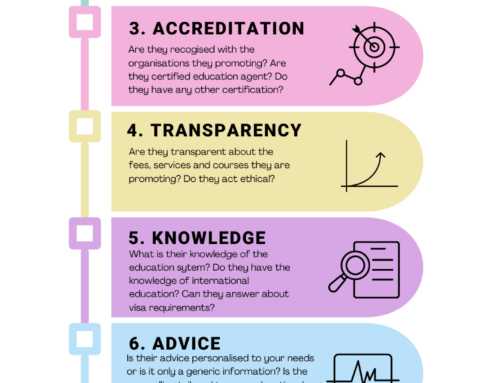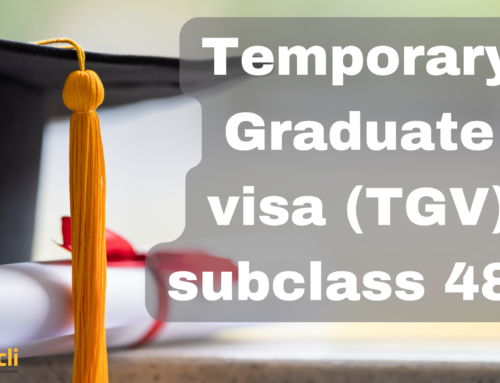Introduction:
The recent announcement made by the Australian government regarding a migration strategy that will be implemented over a period of ten years has sparked a wave of discussions and debates. The question that has become the focal point of these discussions is whether or not the implementation of more stringent visa procedures for workers and international students will be able to effectively repair what the government refers to as a “broken” system. A return to what is referred to as “more normal levels” is the goal of the plan, which is to cut the number of migrants in half by the year 2025. In order to gain a more in-depth understanding of this subject, we decided to conduct an insightful interview with Brendan O’Connor, who is the Minister for Skills and Training through the Drive show.
Key Insights from the Interview:
- The Rationale Behind Cutting Migrant Numbers:
Minister O’Connor emphasized the importance of maintaining migration flows in a sustainable manner. He made reference to the global pandemic as a significant disruptor, which resulted in a temporary cessation of migration, which was then followed by a rapid increase once borders were reopened. He emphasised that the objective is to manage migration in a manner that addresses capacity challenges while simultaneously maintaining a positive narrative of migration in Australia.
- Tightening Visa Conditions for International Students:
A significant part of the discussion revolved around the new stringent visa conditions for international students. O’Connor, who had previously served as the Minister of Immigration, emphasized the significance of preventing the misuse of visas and ensuring that the international education sector continues to maintain high standards. A number of measures have been implemented, including increased oversight by the Department of Home Affairs and more stringent regulations for educational providers who enroll students from other countries.
- Investment in Regulatory Bodies:
As part of its efforts to strengthen the national VET regulator, ASQA, the government has allocated nearly $40 million. Additionally, the government has allocated $19 million to improve the student visa integrity unit within Home Affairs. These investments are made with the intention of ensuring that educational providers adhere to high standards and that student visas are granted and maintained in an appropriate manner.
- Target Numbers for International Students:
O’Connor discussed the necessity of managing the increase in the number of international students enrolling in classes, but he did not specify an ideal number. Rather than concentrating on specific numbers, the emphasis is placed on the excellence of education and the long-term viability of the industry.
- Addressing Non-Genuine Training Providers:
The minister acknowledged the existence of training providers who are not genuine and outlined the government’s commitment to identifying and dealing with entities that fall into this category. In this context, “empowering ASQA” refers to providing the organization with new legislation and resources to effectively regulate the sector.
- Skilled and Unskilled Workforce:
In addressing the balance between skilled and unskilled workforce needs, O’Connor underscored the government’s commitment to supplying necessary skills through a combination of domestic education, training, and skilled migration pathways. In this particular domain, the decision-making process will be directed by empirical data and the collaboration between the public and private sectors through Jobs and Skills Australia.
Conclusion:
The insights provided by Minister Brendan O’Connor help to provide a better understanding of the new migration strategy that the government has implemented. Managing migration and international education requires a nuanced approach, which is highlighted by the emphasis placed on qualities such as quality, regulation, and sustainability. In the years to come, the social and economic landscape of Australia will be revealed to have been significantly altered as a result of these changes.

Source: Radio ABC Melbourne




Leave A Comment